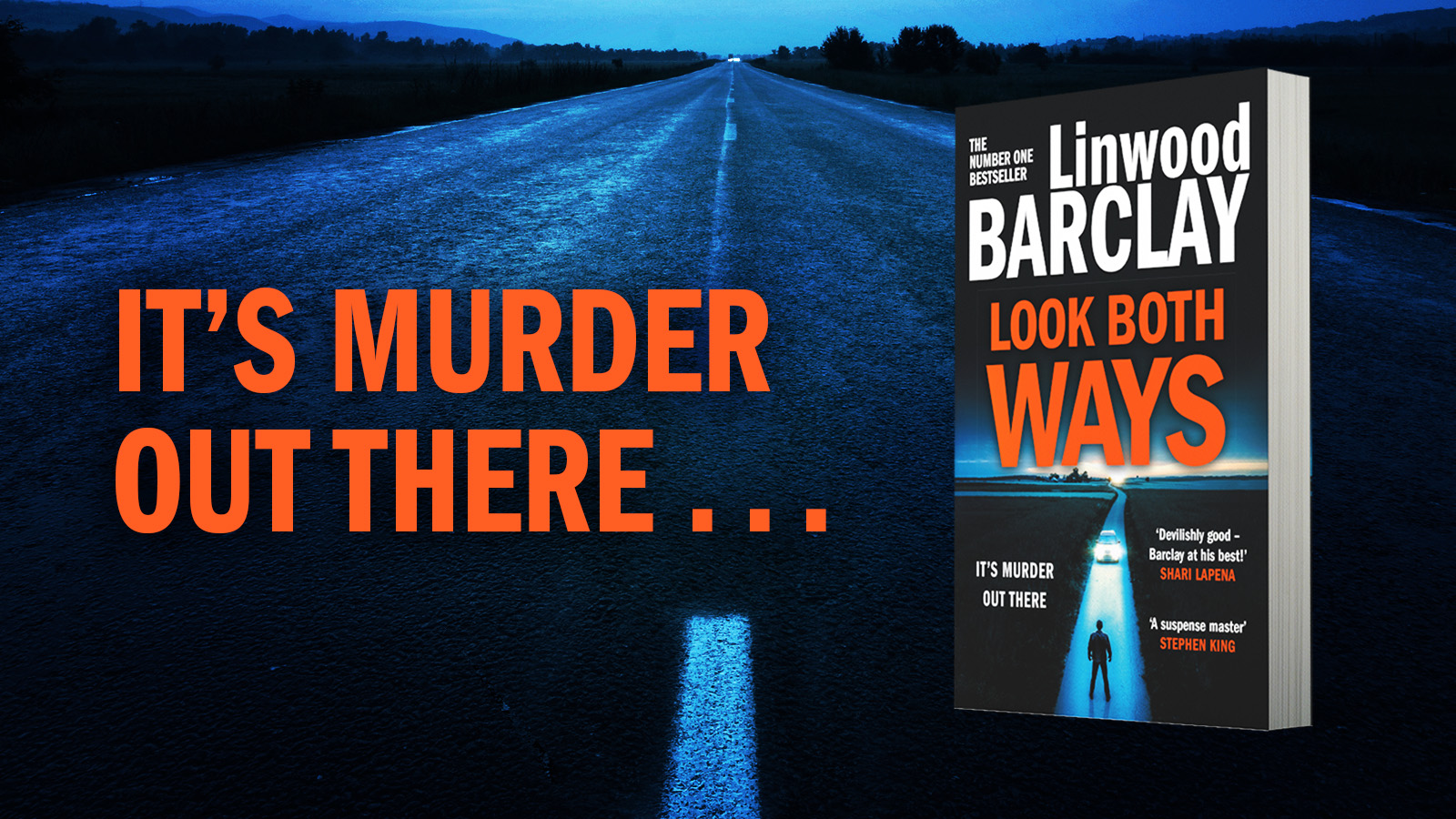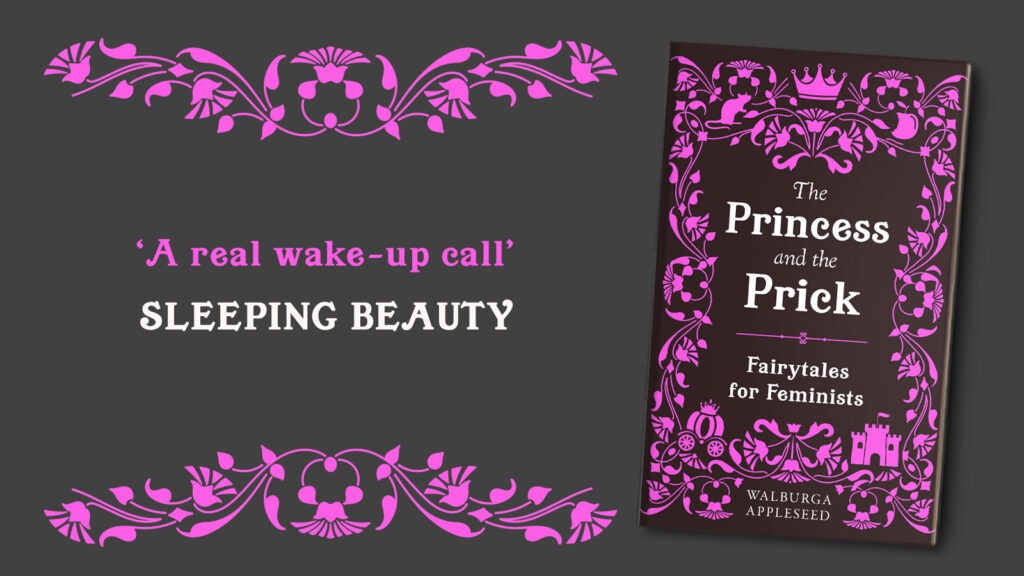Tracey Lien, author of the unmissable and compelling debut All That’s Left Unsaid, joins us to discuss the inspiration and motive behind writing such a compelling novel.
My goal for All That’s Left Unsaid was modest: ‘I want people to know how it feels.’
It seemed so simple – a basic act of emotional transfer in which I would wrap how it felt growing up Asian in Australia in a murder mystery.
What I didn’t realize until the words began to flow was the sheer weight of how it feels. As I imagined Ky Tran – a young journalist navigating a heroin epidemic that swept through her vulnerable hometown; as I showed how racism had enveloped her in an unbearable loneliness; as I made her endure the hostility that white Australia had in store for her, even as she did everything right by the book, even as she was grieving for her murdered brother, even as she took on the task of getting to the bottom of his death because no one else seemed to care – I realized that how it feels was about more than feelings. It was about real-world consequences. It was about what happens when a group of people are routinely dismissed and diminished, made to feel invisible and inconsequential. It was about being told to take a joke when you are the joke. It was about the ‘Chinese Virus’ and ‘Kung Flu’, brutal street assaults and they all look the same, you don’t belong here and me love you long time, eight dead in Atlanta shooting and he just had a bad day. It was about what happens when you’re told to be grateful and quiet and good even as you’re scapegoated, assaulted, killed.
I grew up in Cabramatta, Australia, where my novel takes place. I lived through the heroin epidemic depicted in the story. I recall watching Senator Pauline Hanson’s televised maiden speech in 1996 – the same speech my ten-year-old character Lulu Woo watches – the one in which Hanson declared that she was afraid Australia was ‘being swamped by Asians.’ I remember how it felt – the confusion, the well of disappointment that didn’t seem to have a floor. But also, the anger. The fight. The fire that raged. The same fire I gave to Ky because she’s more than her victimhood.
All That’s Left Unsaid isn’t an exercise in blame. It isn’t a sob story designed to wring anyone’s withers. Rather, I wrote this novel as an expression of hope. I wrote this novel to measure how far we’ve come and how much farther we have left to go. I wrote this novel to show the fight, and the wins, and the losses, and the humor, and the heart of people like Ky. And if I have succeeded, then maybe you will, even if it’s for the briefest of moments, know how it feels.
All That’s Left Unsaid is available here.





